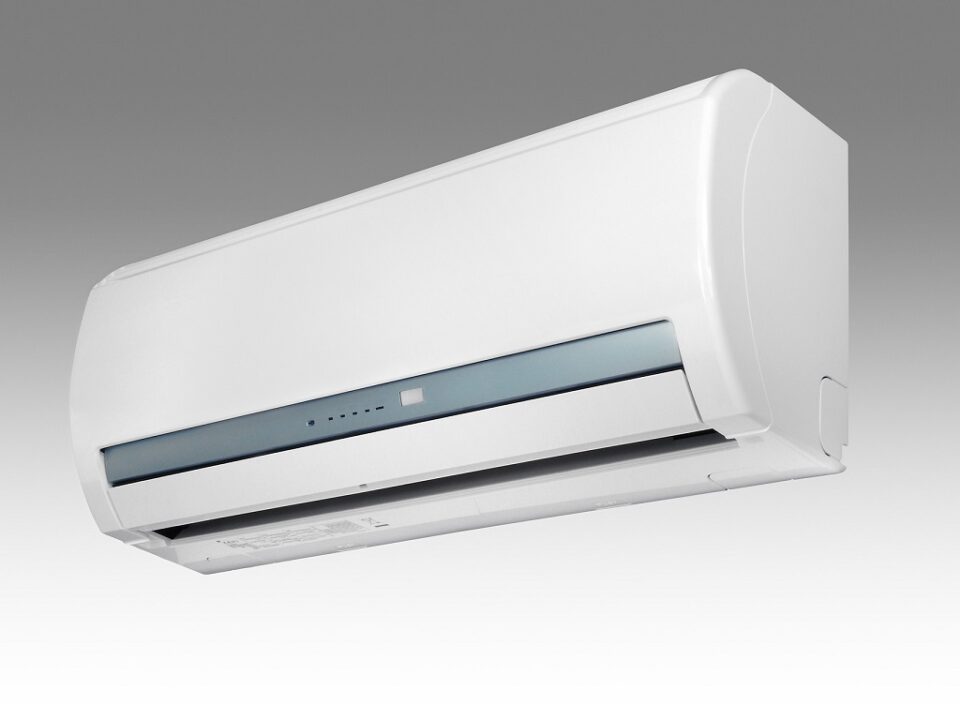When upgrading your home, few decisions are as impactful as selecting a new HVAC system. Your heating, ventilation, and air conditioning system is vital in keeping your living spaces comfortable throughout the year. Whether replacing an outdated unit or installing one for the first time, here’s a friendly guide to help you make an informed choice.
Assess Your Needs
Before diving into the world of HVAC options, take a moment to assess your needs. Consider factors like the size of your home, the local climate, and your budget. Are you looking for an energy-efficient option to lower your utility bills? Do you require additional features like humidity control or zoning? Understanding your specific requirements will help you narrow down your choices.
Energy Efficiency
In today’s eco-conscious world, energy efficiency is a key consideration. Look for systems with high SEER (Seasonal Energy Efficiency Ratio) ratings for air conditioners and heat pumps and high AFUE (Annual Fuel Utilization Efficiency) ratings for furnaces. Energy-efficient systems save you money in the long run and contribute to reducing your carbon footprint.
Proper Sizing
Size matters more than you think in HVAC systems. A system that’s too small will struggle to maintain your desired temperature, leading to excessive wear and tear, while an oversized system can result in short cycling and energy wastage. It’s best to have a professional HVAC technician calculate the load to determine the right size for your home.
Research Different Types
HVAC systems come in various types, such as central air conditioning, heat pumps, ductless mini-splits, and more. Each has its advantages and disadvantages. Central air systems are common and distribute air through ducts, while ductless systems are flexible and efficient for individual room control. Research each type to find what suits your lifestyle and home layout.
Consider Technology and Features
Modern HVAC systems offer a range of advanced technologies and features. Programmable thermostats, smart home integration, and zoned heating/cooling are just a few options to consider. These features enhance your comfort and allow for better energy management.
Check for Rebates and Incentives
Installing an energy-efficient HVAC system could make you eligible for rebates, tax incentives, or utility company discounts. Research the available incentives in your area to save a significant amount on your investment.
Read Reviews and Seek Recommendations
Research is key when selecting an HVAC system. Read online reviews and seek recommendations from friends, family, or neighbors who have recently upgraded their systems. Real-world experiences can help you learn about different brands and models’ performance, reliability, and durability.
Get Professional Advice
While it’s great to research, consulting with a professional HVAC technician is crucial. They can help you navigate the technical aspects, perform accurate load calculations, and recommend systems that align with your needs.

